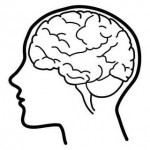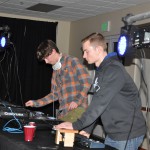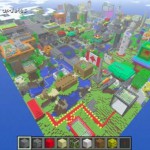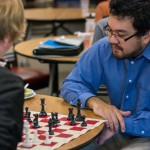 Research: Research on the brain’s affective filter demonstrates that a student’s emotional state is closely linked to their ability to learn. When the brain is in a positive emotional state students can learn more effectively and at higher levels of cognition. Neurologist Judy Willis concludes, “With such evidence-based research, the affective filter theories cannot be disparaged as ‘feel-good education’ or an ‘excuse to coddle students’—if students are stressed out, the information cannot get in. This is a matter of science.”
Research: Research on the brain’s affective filter demonstrates that a student’s emotional state is closely linked to their ability to learn. When the brain is in a positive emotional state students can learn more effectively and at higher levels of cognition. Neurologist Judy Willis concludes, “With such evidence-based research, the affective filter theories cannot be disparaged as ‘feel-good education’ or an ‘excuse to coddle students’—if students are stressed out, the information cannot get in. This is a matter of science.”Affective Education
 Research: Research on the brain’s affective filter demonstrates that a student’s emotional state is closely linked to their ability to learn. When the brain is in a positive emotional state students can learn more effectively and at higher levels of cognition. Neurologist Judy Willis concludes, “With such evidence-based research, the affective filter theories cannot be disparaged as ‘feel-good education’ or an ‘excuse to coddle students’—if students are stressed out, the information cannot get in. This is a matter of science.”
Research: Research on the brain’s affective filter demonstrates that a student’s emotional state is closely linked to their ability to learn. When the brain is in a positive emotional state students can learn more effectively and at higher levels of cognition. Neurologist Judy Willis concludes, “With such evidence-based research, the affective filter theories cannot be disparaged as ‘feel-good education’ or an ‘excuse to coddle students’—if students are stressed out, the information cannot get in. This is a matter of science.”


